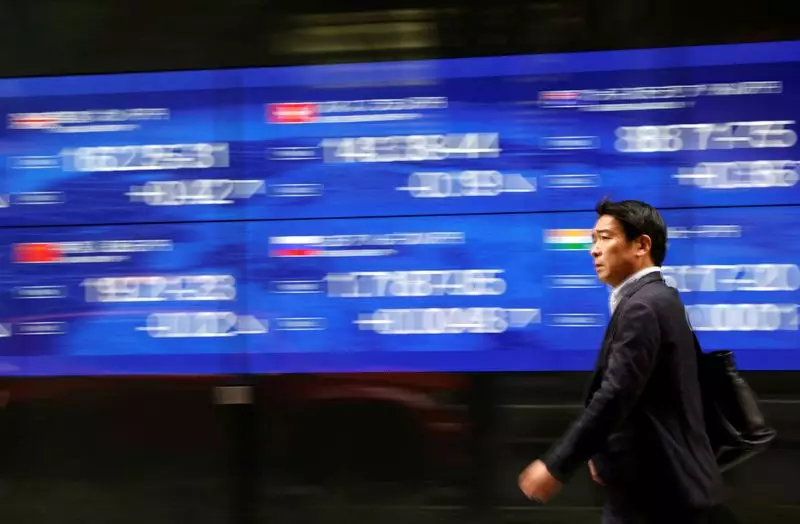The euro’s decline this week has been heavily influenced by rising political uncertainty in France. As doubts loom over the stability of the French government, apprehension spreads throughout European markets. Prime Minister Michel Barnier is under significant pressure to submit to budget concessions or risk a no-confidence vote. Such an event could lead to a rapid deterioration of confidence in the euro. With the far-right National Rally party poised to support a no-confidence motion, traders are increasingly wary, causing the euro to slide as much as 0.57% against the dollar.
The political landscape in France not only impacts the euro but also casts a shadow over the broader European stock market. With the CAC 40 index expected to open lower amid predictions of a significant drop, the market reflects deep-seated anxieties regarding leadership and fiscal policy stability. Such instability naturally raises the question of the euro’s future and its standing against other major currencies, particularly if the current government falters.
The U.S. Dollar Gains Ground Amid Global Developments
On the other side of the spectrum, the U.S. dollar is experiencing a resurgence of strength. Following statements from President-elect Donald Trump cautioning BRICS nations against attempting to challenge the dollar’s dominance, the greenback has continued its ascendance. This backdrop of geopolitical maneuvering ties into broader market dynamics, particularly as investors react to U.S. interest rate outlooks.
The Federal Reserve’s upcoming meetings are critical, with December 18 on the horizon when a reduction in rates is being widely anticipated. Current odds suggest a 66% chance of a quarter-point cut, which could catalyze what analysts refer to as a “Santa Rally” — a seasonal surge in stock prices typically occurring around the end of the year. Pending insights from the labor report and remarks from Federal Reserve Chair Jerome Powell are likely to shape trading strategies in the interim.
Global stock markets exhibit a diverse reaction to these developments. The technology sector has buoyed U.S. indices, with the S&P 500 and Nasdaq recording significant gains and closing at all-time highs. Comparatively, Asian markets have shown a degree of resilience, particularly in light of a strong manufacturing survey from China that stimulated investor sentiment. The Shanghai Composite and the Hang Seng have both reported modest increases, signaling optimism that may counterbalance the uncertainties stemming from geopolitical tensions.
However, the overall sentiment remains volatile, particularly as markets absorb the ramifications of potential government changes in France and trade tensions with the U.S. As countries navigate these challenges, the interconnectedness of global economies becomes apparent, stressing the need for investors to remain vigilant and agile.
Alongside currency fluctuations and stock market volatility, commodity prices reflect changing market sentiments. In the oil sector, prices have slightly increased due to robust manufacturing data from China, alongside geopolitical considerations concerning Israel’s renewed military actions in Lebanon. Brent crude futures have seen a marginal rise, indicative of market sensitivity to supply disruptions and regional conflicts.
Conversely, gold prices have experienced a decline amid strengthening dollar conditions. After sliding over 3% in November, gold has faced pressures that challenge its allure as a safe-haven asset. Investors look ahead to gauge its performance as interest rates and currency dynamics evolve.
As we move forward, the intricate interplay of political uncertainty and economic indicators will likely continue shaping market landscapes. Investors must navigate through the murky waters of potential government instability in Europe while remaining attuned to policy shifts in the U.S. Federal Reserve. The balance of risk is ever-evolving, where economic data releases, geopolitical tensions, and fiscal policies converge, creating both challenges and opportunities in the global market.
As markets brace for instability in France and anticipate strategic moves from the Fed, the coming weeks will demand both caution and strategic insight. The ability to adapt to rapidly changing conditions will be crucial for investors aiming to capitalize on the volatility inherent in today’s financial climate.

